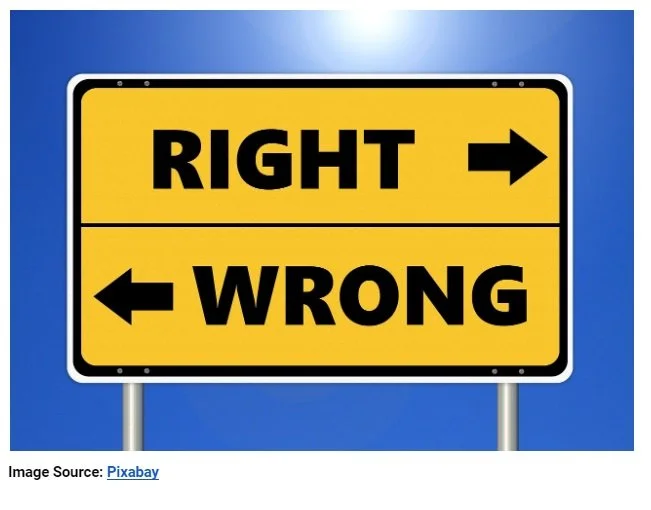How Defining Workplace Values Impacts Ethical Marketing
How Defining Workplace Values Impacts Ethical Marketing
Charlie Fletcher, Freelancer
When you’re running a business, it can be easy to become fixated on the bottom line. After all, you’re not the only one depending on your company to grow and thrive. Your investors, your partners, your staff, and your customers will all suffer if your business isn’t financially stable.
With so much riding on your ability to maximize revenues, it can seem as if other critical considerations may sometimes need to take a backseat until your company has found its financial footing. And when it comes to prioritization and agenda-setting, questions of values and ethics can easily fall to the wayside.
If you want your business to succeed, then defining, adhering to, and promoting workplace values is a must from the outset. These values are the catalyst that will drive your marketing efforts, color your brand, and shape your operating practices.
Workplace Values and Ethical Marketing
The concept of the conscious consumer is nothing new. Today, however, considerations of ethical practices and social responsibility in business are more important now than perhaps ever before.
Consumers simply are no longer willing to support businesses whose values and practices do not align with their own. However, by fostering a positive work culture, you can not only live the principles you espouse, but you can incorporate them into your ethical marketing practices and overall brand identity.
Integrating Standards and Practice
Putting principles into practice may well be the most difficult but most important part of defining your organizational values and using them to facilitate transparency in marketing.
This is going to require a good deal of creative problem-solving on the part of your team. Consider engaging your staff in a brainstorming session in which you explore ideas for actualizing a core value. You can use a mind map to help organize your thoughts and guide your discussion. This capacity to transform abstract values into tangible practices for the common social good is essential if you want to build trust with employees, costumes, and stakeholders. It’s not enough, after all, to simply say you believe in something. You and your team have to be seen to live it. This, fundamentally, is what ethical and transparent marketing is all about: telling the story of how your organization, and everyone involved in it, is living the mission.If you claim to hold certain beliefs or publicly espouse certain values but don’t adhere to them, it will hurt your reputation. It may even negatively impact your bottom line or have long-term repercussions for your organization. It’s far better to organically cultivate and authentically share values that actually matter to you and your workplace.
The Takeaway
Once upon a time, the most respected business leaders were the sharks, the ones who seemingly had little time or interest in questions of ethics and values in business. Thankfully, the tide has turned in the business world of today. Nowadays, investors, workers, and consumers alike are looking to partner with organizations whose moral values reflect their own. This is why the success of your business may well lie in your ability to define and enact a core set of workplace values and to use these initiatives to create a robust, transparent, and highly ethical marketing strategy.
About the Author: Charlie Fletcher is a freelance writer passionate about workplace equity, and whose published works cover sociology, politics, business, education, health, and more.



